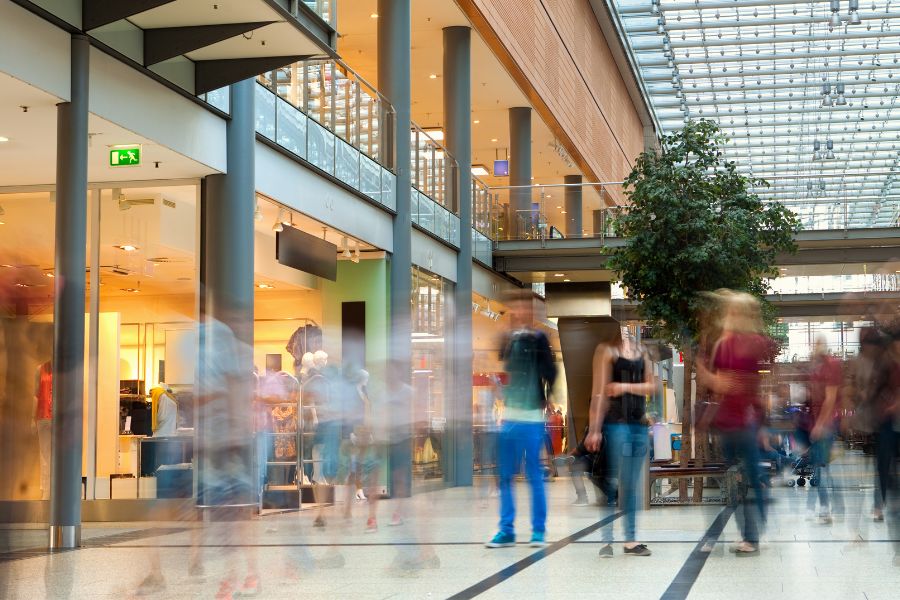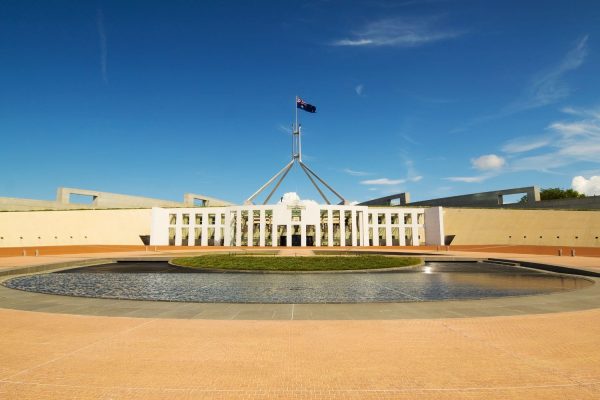Written by Melissa A. Wheeler, Samuel G. Wilson, and Vlad Demsar
With Christmas just around the corner Australian shoppers will be out in full force, buying both online and in-store in what is a crucial time for the retail industry. Many experts tipped a decline in retail sales in 2022 but the industry has consistently outperformed these expectations, with consumers ignoring high inflation by continuing to buy big.
However, it hasn’t all been good news for this sector. Although inflation has been a real issue in the Australian economy, price gouging has been a concern across this sector with retail companies recording large profits despite these inflationary pressures. Data from the Australian Bureau of Statistics has detailed a more than 20% increase in profits in 2022 but just 1.9% increase in wage growth, revealing a disparity between how these companies are performing and the compensation awarded to retail employees. Those same employees are facing higher interest rates and increased cost of living expenses due to inflation; without significant increases in wages disgruntlement is sure to follow.
While Australians were concerned about these issues earlier in the year, on the whole Australian Leadership Index survey results indicate that the public sees retail companies as a solid performer that provides good employment opportunities. But are they leading for the greater good? And how can this industry improve their perceptions from a solid performer to an innovative industry that provides real benefits to Australian society?
IS THE RETAIL SECTOR SEEN TO LEAD FOR THE GREATER GOOD?
With Australians coming out of COVID lockdowns late last year, pent up demand seemed to fuel a surge in spending and expectations of the retail industry – expectations that companies could not always meet. Our leadership scores for retail were at their lowest in January-March 2022 as seen in Figure 1 below, with staff shortages, supply chain issues and higher prices all likely playing a part.

Scandals involving JobKeeper, most prominently involving Harvey Norman, may have also irked the public as a number of retailers exploited the government scheme while making significant profits throughout COVID. But, despite these issues, the retail sector has performed well in the eyes of the Australian public.
When compared to the private sector as a whole – our benchmark for comparison against the retail sector in this analysis – we see a gap of +5 for overall integrity, +3 for overall competence, and +2 for overall contribution. In other words, the public has rated retail as performing 2-5 points (out of a possible 100) higher than the private sector more broadly.

WHERE DOES THE RETAIL INDUSTRY PERFORM/UNDERPERFORM WHEN IT COMES TO LEADERSHIP?
The leadership index survey also allows us to analyse the best and worst performing aspects of the retail sector, in terms of public perceptions of the sector (see Figure 3). Positive perceptions of retail are largely driven by the retail industry’s creation of employment opportunities, its competence for having a clear purpose and clear vision for the future, in generating value for stakeholders, and in providing services that are accessible to everyone. This resonates strongly with Australians and helps to deliver public value in what has been an otherwise challenging year for many.
Despite the encouraging results, there is room for improvement on several other aspects of leadership. Specifically, retailers could do more to reduce the environmental impact of fast fashion to improve sustainability, look after societal wellbeing by addressing cost of living concerns and improve staff training and education pathways to create additional benefits for Australian society.

Recommendations for meaningfully contributing to the greater good
Environmental and wellbeing concerns are clearly important issues for the Australian public. Retailers could satisfy some of the public’s desires by transparently sharing and being accountable for achieving environmental goals in 2023 and beyond. The big supermarkets (Woolworths, Coles, and Aldi), for example, have signed a pact to end plastic packaging waste by 2025.
To improve wellbeing, the retail industry can start by improving conditions for its employees, by focusing on employee health and wellbeing and providing education and training opportunities for career advancement. Initiatives like these can signal to current and future employees, and to the public more broadly, that you are an employer of choice, one who cares about the wellbeing of their staff. Rewarding staff for their assistance during times of record profit may also significantly assist with perceptions of fairness and their care for staff welfare during a challenging period for workers.
Retailers who lead and contribute to the greater good may see flow on effects in terms of commitment from employees and brand loyalty from customers who value social enterprises that make a difference and give back to the community. Those that continue to reap excessive profits and exploit workers and government initiatives will likely see blowback, with the public expecting more consideration of social issues for all institutions.




